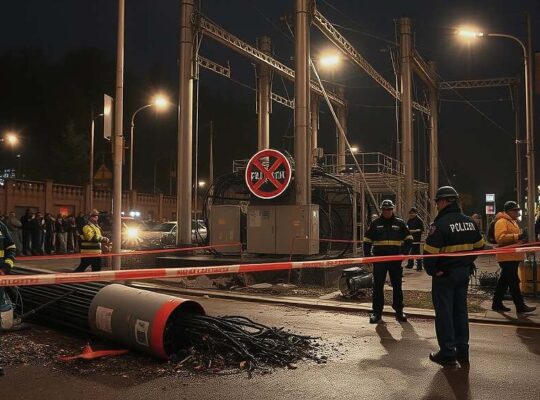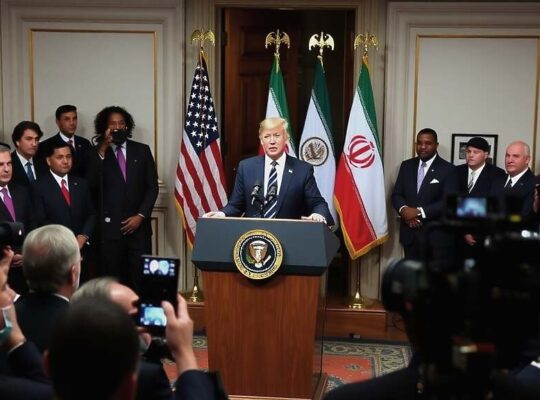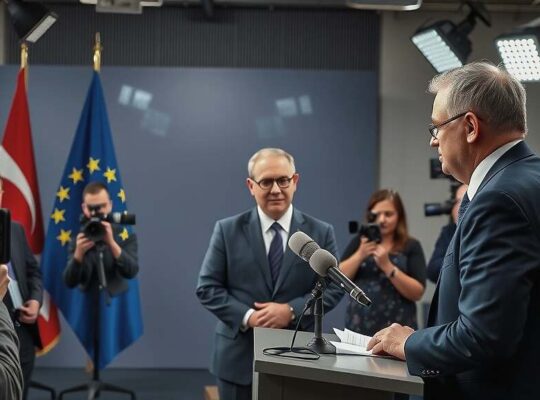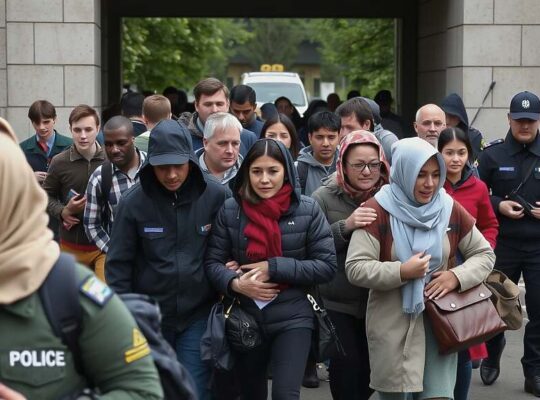A simmering dispute within Germany’s governing coalition is exposing deep divisions over the nation’s stance on international nuclear energy financing. Development Minister Reem Alabali Radovan (SPD) recently announced the German government would withhold support for funding nuclear power projects through the World Bank and other international development institutions, triggering sharp criticism from within the ruling alliance.
Wolfgang Stefinger (CSU), Chairman of the Bundestag Committee for Economic Cooperation and Development, expressed surprise at Radovan’s declaration, highlighting the stark reality facing the African continent. “Currently, 626 million Africans lack access to electricity, a figure projected to reach 657 million by 2030” Stefinger stated. He argued that achieving the United Nations’ sustainability goals necessitates a broad energy mix, including nuclear power, in response to the expressed needs of African nations.
The ministry’s position, initially revealed in a response to a detailed inquiry from the Green Party parliamentary group, confirms that the German government intends to actively vote against the allocation of funds for nuclear projects within the World Bank and related institutions. This stance follows a recent shift in the World Bank’s policy, which reopened the door to financing nuclear energy projects earlier this year.
While the Ministry for Economic Cooperation and Development (BMZ) maintains that “approval of nuclear power financing in any form is currently not planned” it asserts Germany’s influence is exerted through its representatives on the banks’ executive directorates and through direct political dialogue. The ministry’s rationale for its rejection centers on the perceived lack of economic viability of nuclear energy.
Stefinger’s criticism extends beyond simply questioning the policy itself. He acknowledged Germany’s commitment to promoting renewable energy in Africa but strongly advocated for respecting the choices of African nations when the World Bank responds to their requests for diverse energy solutions. He underscored the pivotal role energy security plays in fostering economic prosperity, bolstering stability and mitigating migration.
Adding a significant political undertone to the debate, Stefinger accused the Green Party of hypocrisy, suggesting they readily employ accusations of colonialism and neocolonialism while simultaneously attempting to dictate energy policy for African countries. This intervention reveals a broader ideological clash within Germany’s political landscape concerning the balance between promoting sustainable practices and respecting the sovereignty of developing nations in charting their own economic pathways. The ongoing disagreement threatens to complicate Germany’s international development agenda and highlight divergent perspectives on global energy policy.












